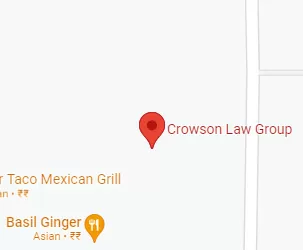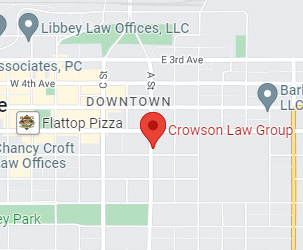Protect Yourself Using California Workplace Retaliation Laws

California has robust employment laws in place to safeguard workers from retaliatory actions by employers. Whether you’re blowing the whistle on illegal activities or exercising your rights, knowing the legal protections available to you is essential. This article explores the concept of workplace retaliation, how it can manifest, and the laws that exist to shield you in California.
What is workplace retaliation?
Workplace retaliation occurs when an employer takes adverse action against an employee in response to protected activities. These actions can include termination, demotion, harassment, or any other form of mistreatment that aims to punish or discourage the employee from exercising their rights.
Examples of protected activities include reporting workplace violations, cooperating in an investigation, filing a complaint, or participating in lawful activities outside of work.
How does FEHA protect against workplace retaliation?
The Fair Employment and Housing Act (FEHA) in California provides extensive protection against workplace retaliation. FEHA prohibits employers from retaliating against employees who assert their rights under the law or engage in protected activities.
California employment law on retaliation covers a broad range of discriminatory practices, including retaliation based on race, gender, age, disability, sexual orientation, and more. FEHA empowers employees to take legal action if they face retaliation and seek remedies such as reinstatement, compensation for damages, and even injunctive relief.
How does the False Claims Act (Qui Tam) protect you?
The False Claims Act, also known as Qui Tam, is another crucial law that safeguards employees from retaliation. Qui Tam allows individuals with knowledge of fraud against government programs or contracts to file lawsuits on behalf of the government.
If an employee experiences retaliation for reporting fraud or participating in Qui Tam actions, they have legal recourse under this act. Retaliation can include termination, demotion, harassment, or any other adverse action aimed at punishing the employee. The False Claims Act provides protection and the potential for significant financial rewards for whistleblowers who expose fraudulent practices.
Suing for workplace retaliation in California
Understanding the process is crucial to navigating the legal system effectively. In California, it’s advisable to consult with an experienced employment attorney who specializes in workplace retaliation cases. They can guide you through the necessary steps, including filing a complaint with the appropriate government agency, gathering evidence, and meeting deadlines. Employment attorneys can also negotiate on your behalf and represent you in court if the case proceeds to litigation.
Proving retaliation in the workplace
Proving retaliation in the workplace requires substantial evidence to support your claim. While each case is unique, several key elements can help establish a strong case:
- Protected activity: Demonstrate that you engaged in protected activities such as reporting violations, filing complaints, or participating in investigations.
- Adverse action: Show that your employer took adverse actions against you, such as termination, demotion, pay cuts, or harassment, as a direct response to your protected activities.
- Causal connection: Establish a causal connection between your protected activities and the adverse actions taken by your employer. This can be done by presenting a timeline of events or witness statements.
- Comparative evidence: Provide evidence that demonstrates a disparity in treatment between you and other employees who did not engage in similar protected activities. This can help establish a pattern of retaliation.
- Documentary evidence: Gather any relevant documents, such as emails, memos, performance evaluations, or disciplinary records, that support your case and show a clear link between your protected activities and the adverse actions taken against you.
- Witness testimony: If possible, secure witness statements from colleagues or supervisors who can corroborate your claims and provide additional evidence of retaliation.
- Pretextual reasons: Discredit any alleged reasons provided by your employer for the adverse actions taken against you. Show that these reasons are merely a pretext to mask the true retaliation.
- Consistency: Present a consistent and coherent narrative throughout your case, ensuring that all evidence aligns and supports your claim of retaliation.
Workplace retaliation can have severe consequences, both personally and professionally, but the laws in California are designed to protect employees who exercise their rights. Speaking with an experienced employment attorney is essential to navigate the legal complexities and ensure your rights are upheld. Stay informed, assert your rights, and help foster a fair and respectful working environment for all.


